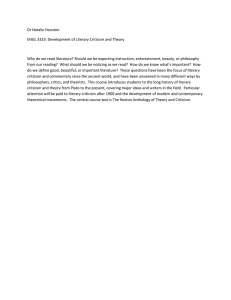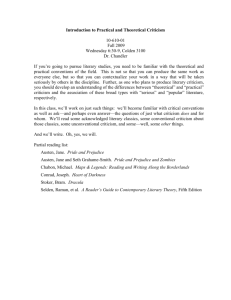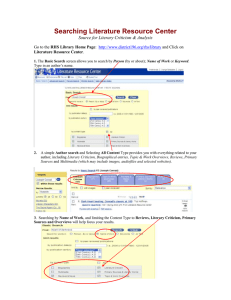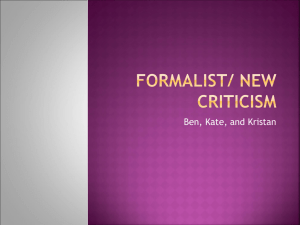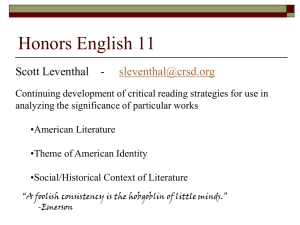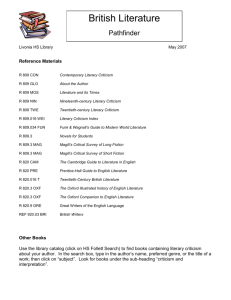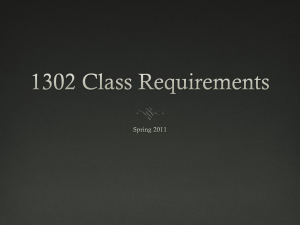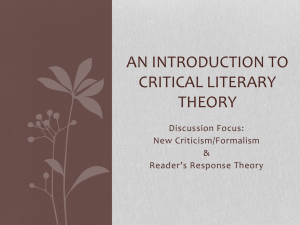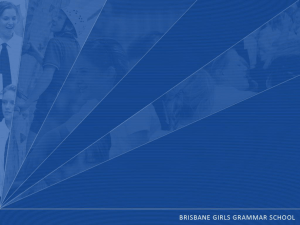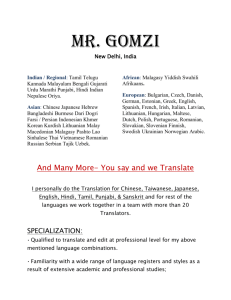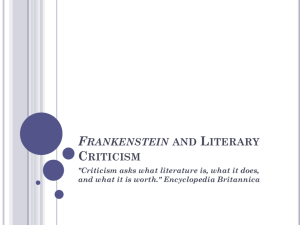From Theory Ends
advertisement
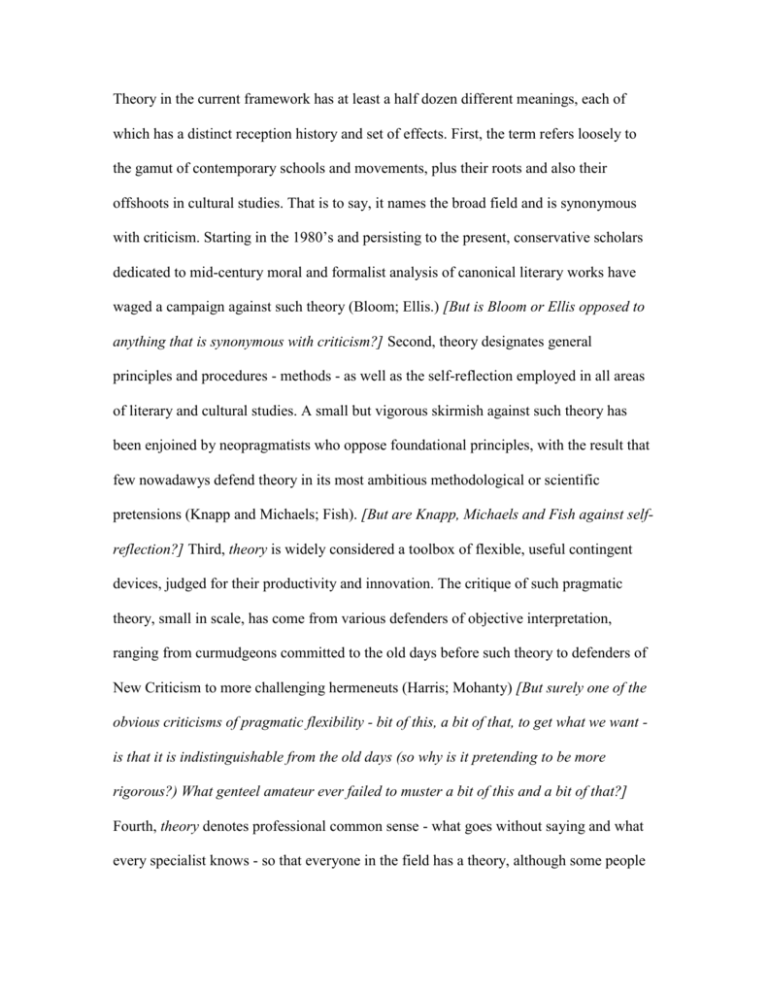
Theory in the current framework has at least a half dozen different meanings, each of which has a distinct reception history and set of effects. First, the term refers loosely to the gamut of contemporary schools and movements, plus their roots and also their offshoots in cultural studies. That is to say, it names the broad field and is synonymous with criticism. Starting in the 1980’s and persisting to the present, conservative scholars dedicated to mid-century moral and formalist analysis of canonical literary works have waged a campaign against such theory (Bloom; Ellis.) [But is Bloom or Ellis opposed to anything that is synonymous with criticism?] Second, theory designates general principles and procedures - methods - as well as the self-reflection employed in all areas of literary and cultural studies. A small but vigorous skirmish against such theory has been enjoined by neopragmatists who oppose foundational principles, with the result that few nowadawys defend theory in its most ambitious methodological or scientific pretensions (Knapp and Michaels; Fish). [But are Knapp, Michaels and Fish against selfreflection?] Third, theory is widely considered a toolbox of flexible, useful contingent devices, judged for their productivity and innovation. The critique of such pragmatic theory, small in scale, has come from various defenders of objective interpretation, ranging from curmudgeons committed to the old days before such theory to defenders of New Criticism to more challenging hermeneuts (Harris; Mohanty) [But surely one of the obvious criticisms of pragmatic flexibility - bit of this, a bit of that, to get what we want is that it is indistinguishable from the old days (so why is it pretending to be more rigorous?) What genteel amateur ever failed to muster a bit of this and a bit of that?] Fourth, theory denotes professional common sense - what goes without saying and what every specialist knows - so that everyone in the field has a theory, although some people don’t realize it. In this view theory is a sociohistorical construction compete with contradictions and blind spots yet shored up by the current status quo. But the equating of theory with professionally configured common sense paradoxically ends up diluting its specificity, its conflicts, and its counterhegemonic agendas. [This one needs longer discussion. The problem with defining theory as professional common sense is that it is often defined - by Culler, for example - as something that challenges common sense notions. Maybe this is what Leitch is getting at. But the problem isn’t so much that the ‘counterhegemonic agenda’ is threatened. More fundamentally, the concern must be that, if theory is just what everyone thinks, something’s being theory doesn’t give us any particular reason to accept it. It’s just the status quo.]Fifth, theory signifies more narrowly structuralism and poststructuralism, the works of Levi-Strauss, Lacan, Foucault, Deleuze, Derrida, Kristeva, and company, plus their followers and imitators [We’ll let that pass and skip ahead a few sentences.] ... Sixth, theory names a historically new, postmodern mode of discourse that broaches long-standing borders, fusing literary criticism, philosophy, history, sociology, psychoanalysis, and politics. This crossdisciplinary pastiche is, not surprisingly, subject also to the broad critique of postmodernism, notably for its undermining the hard won autonomy during modern times for the university and the academic disciplines, particularly literary criticisms and aesthetics.
